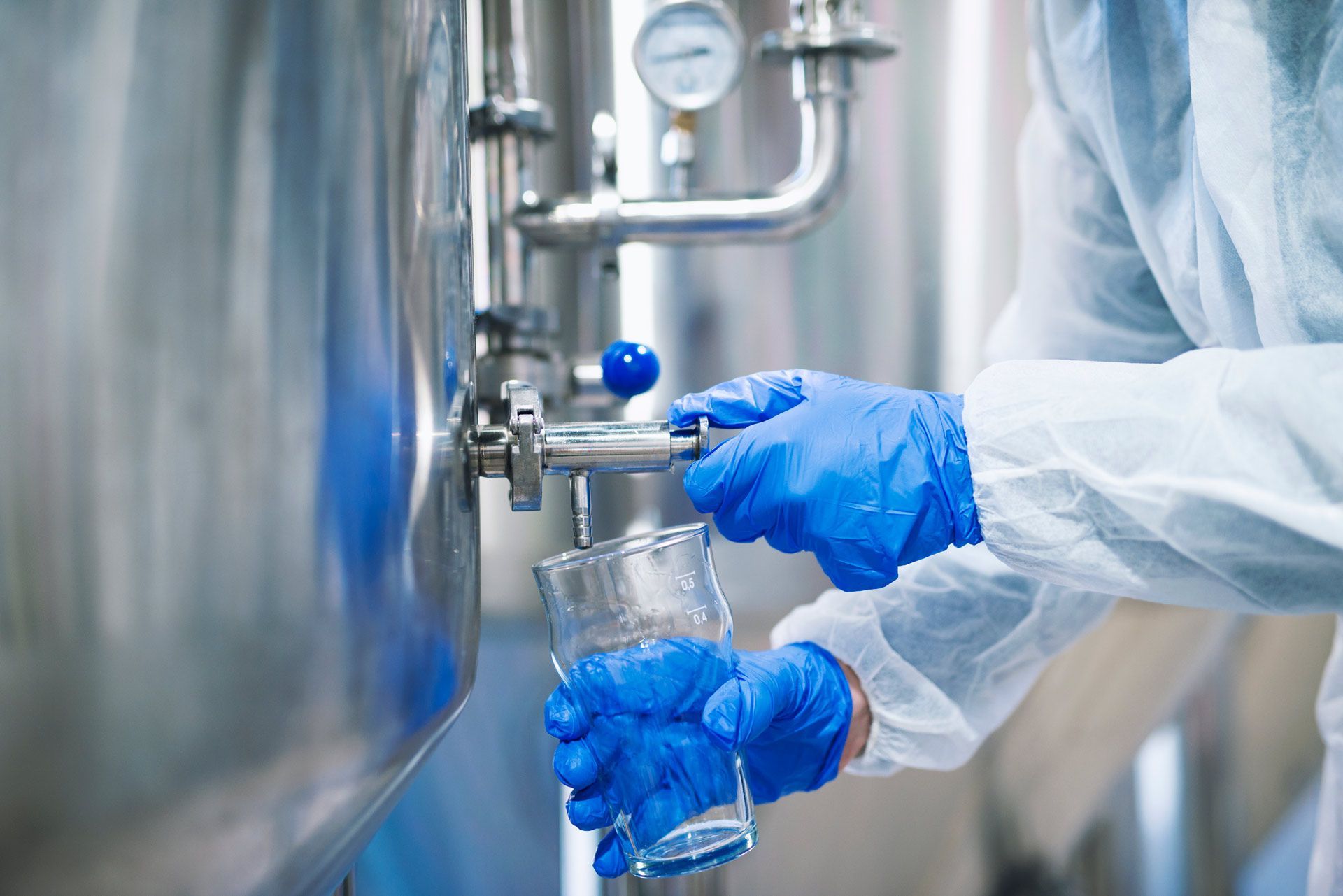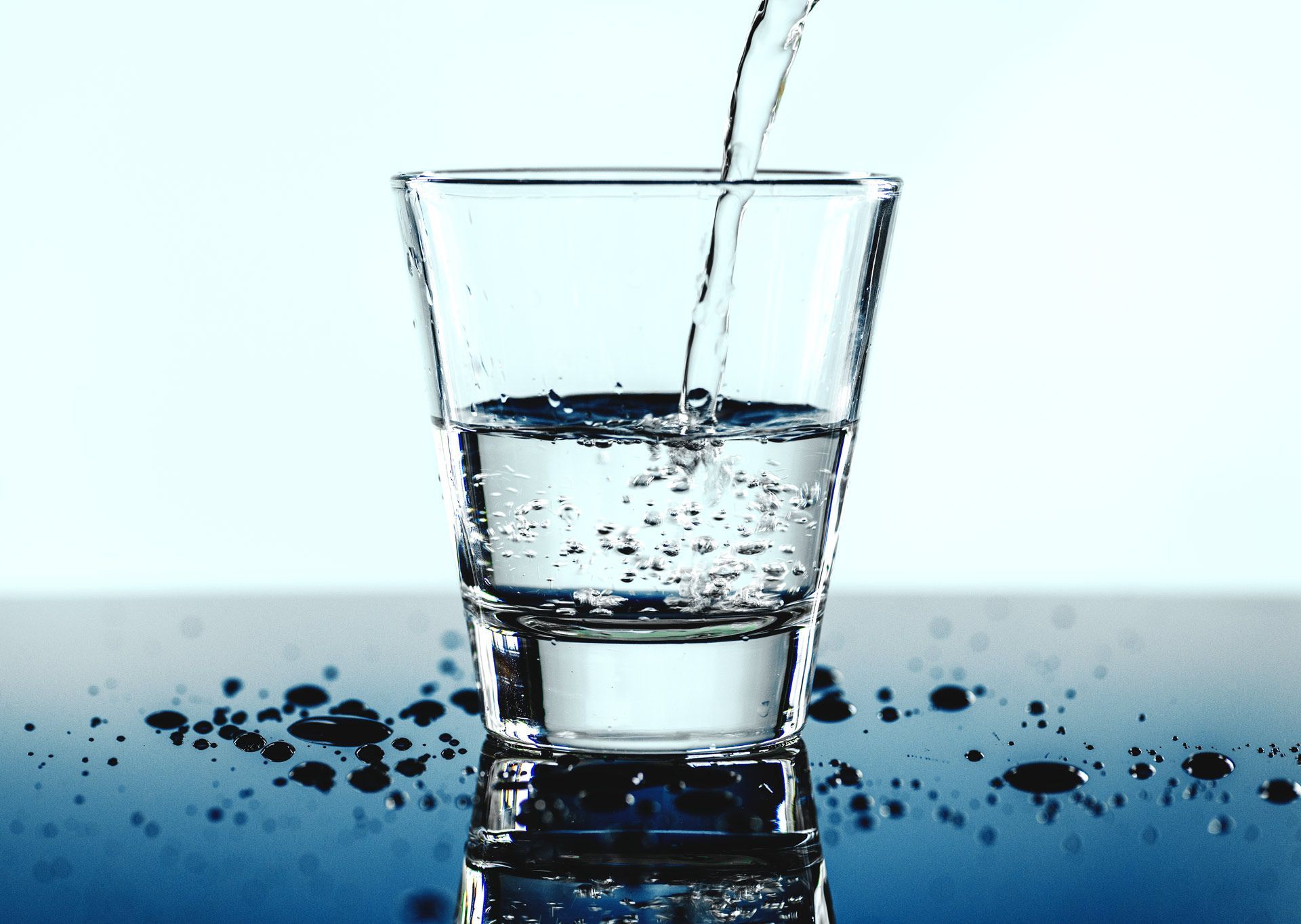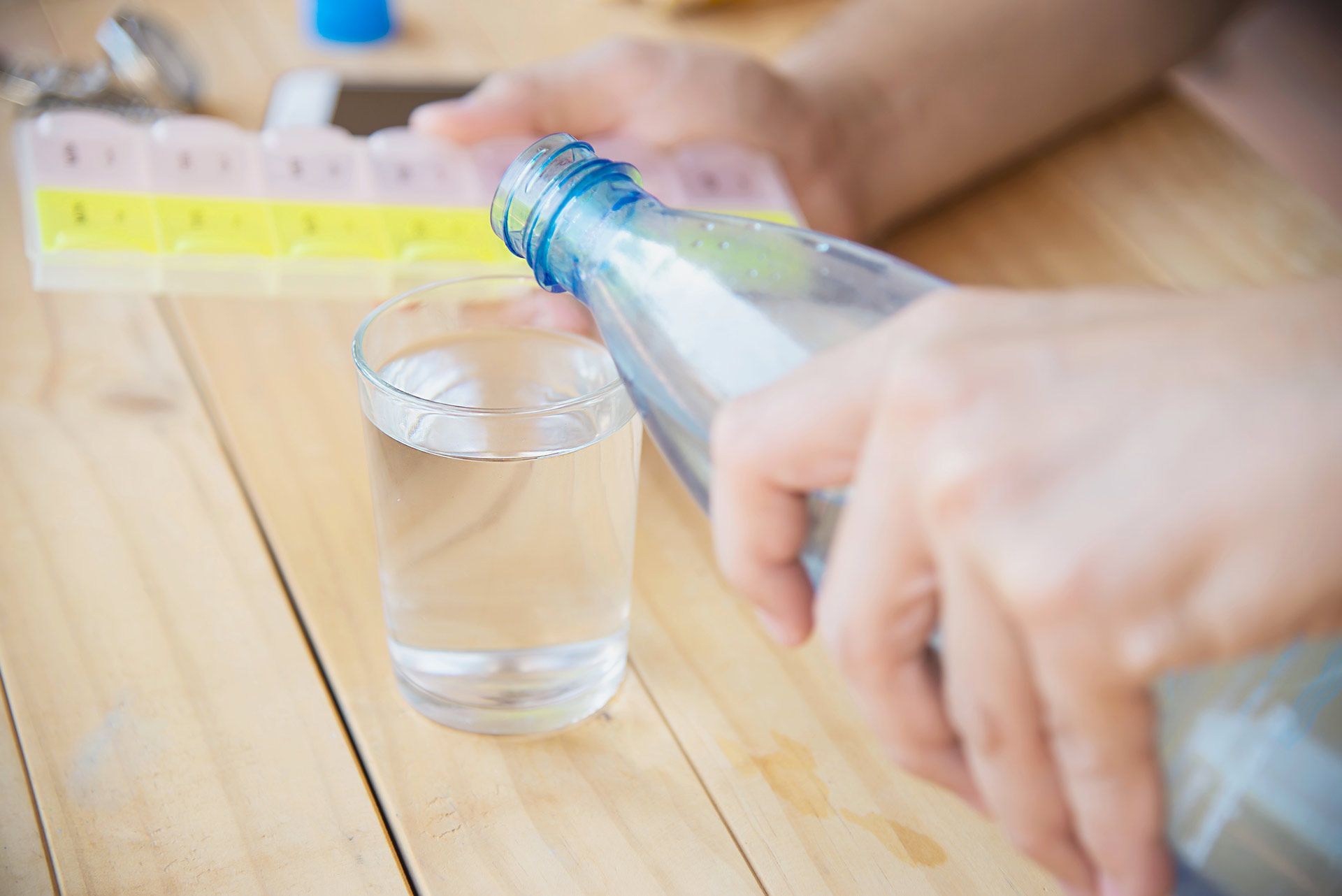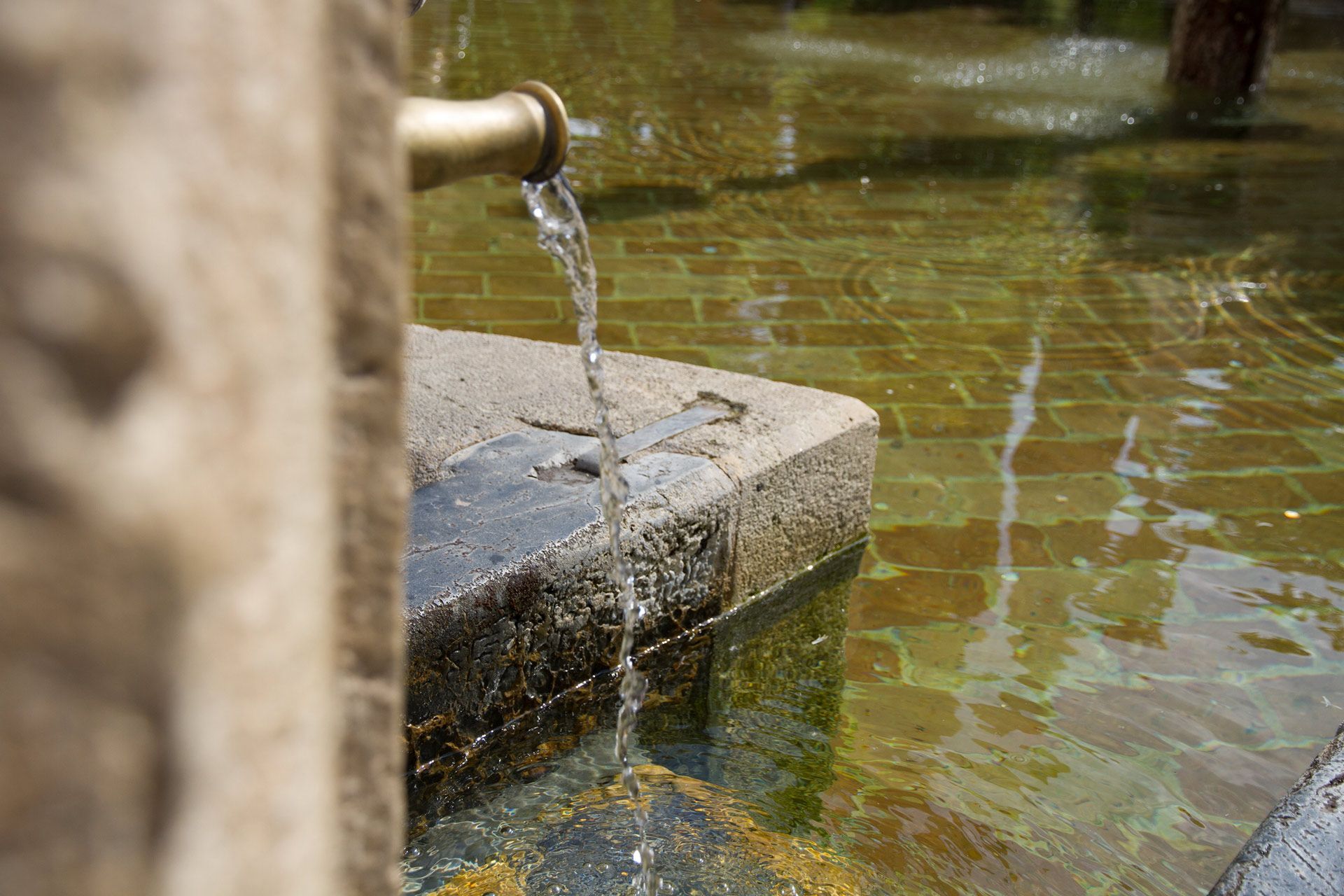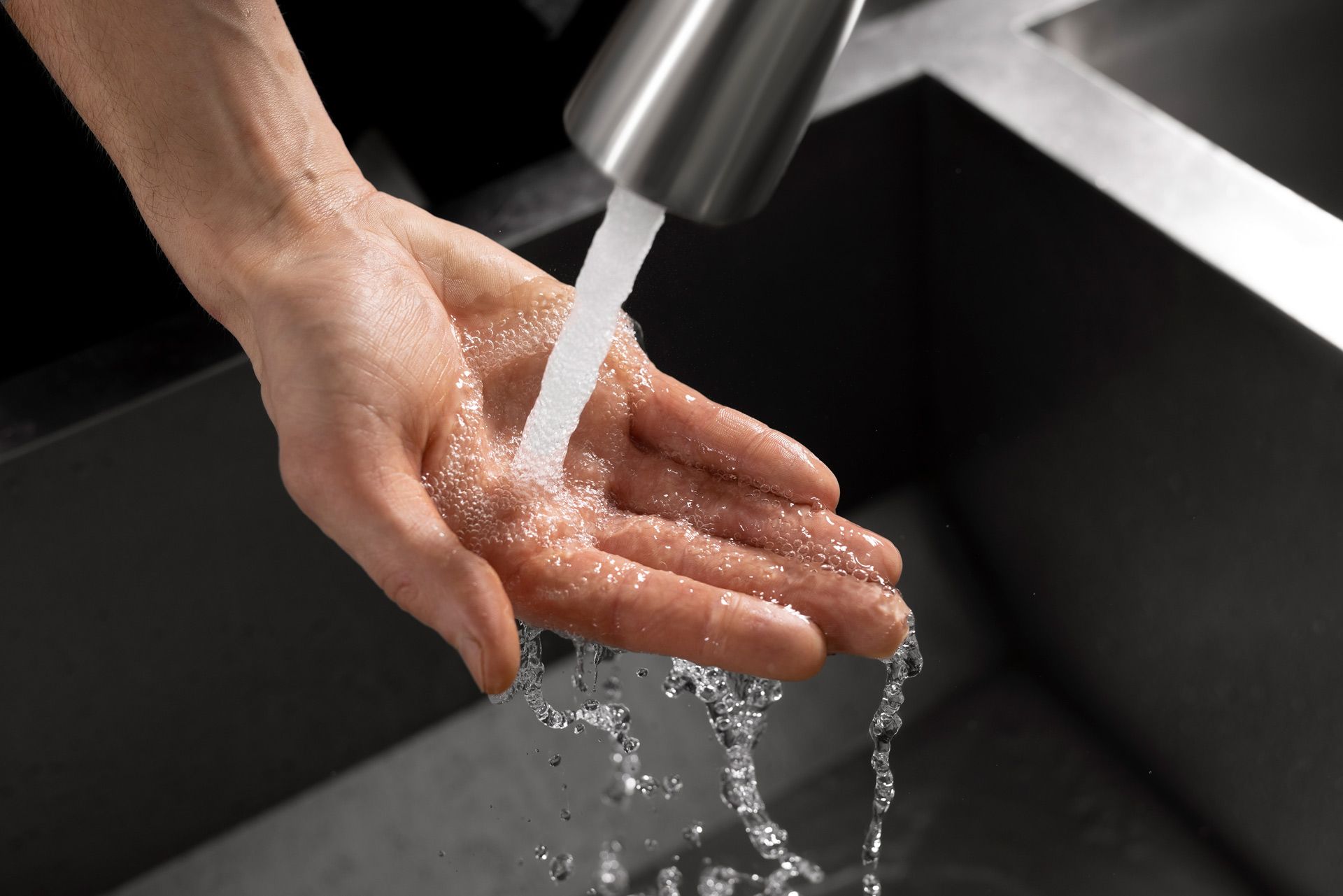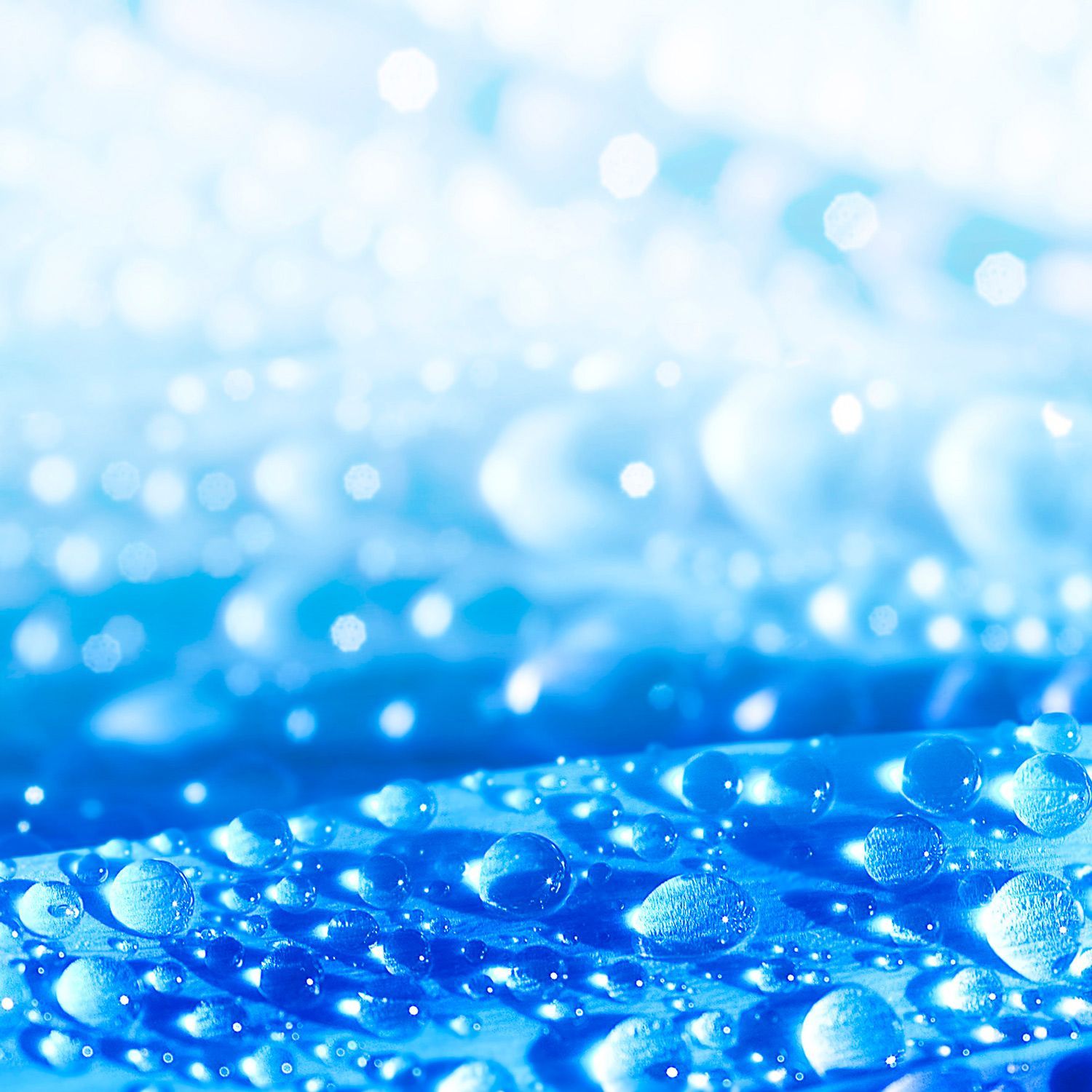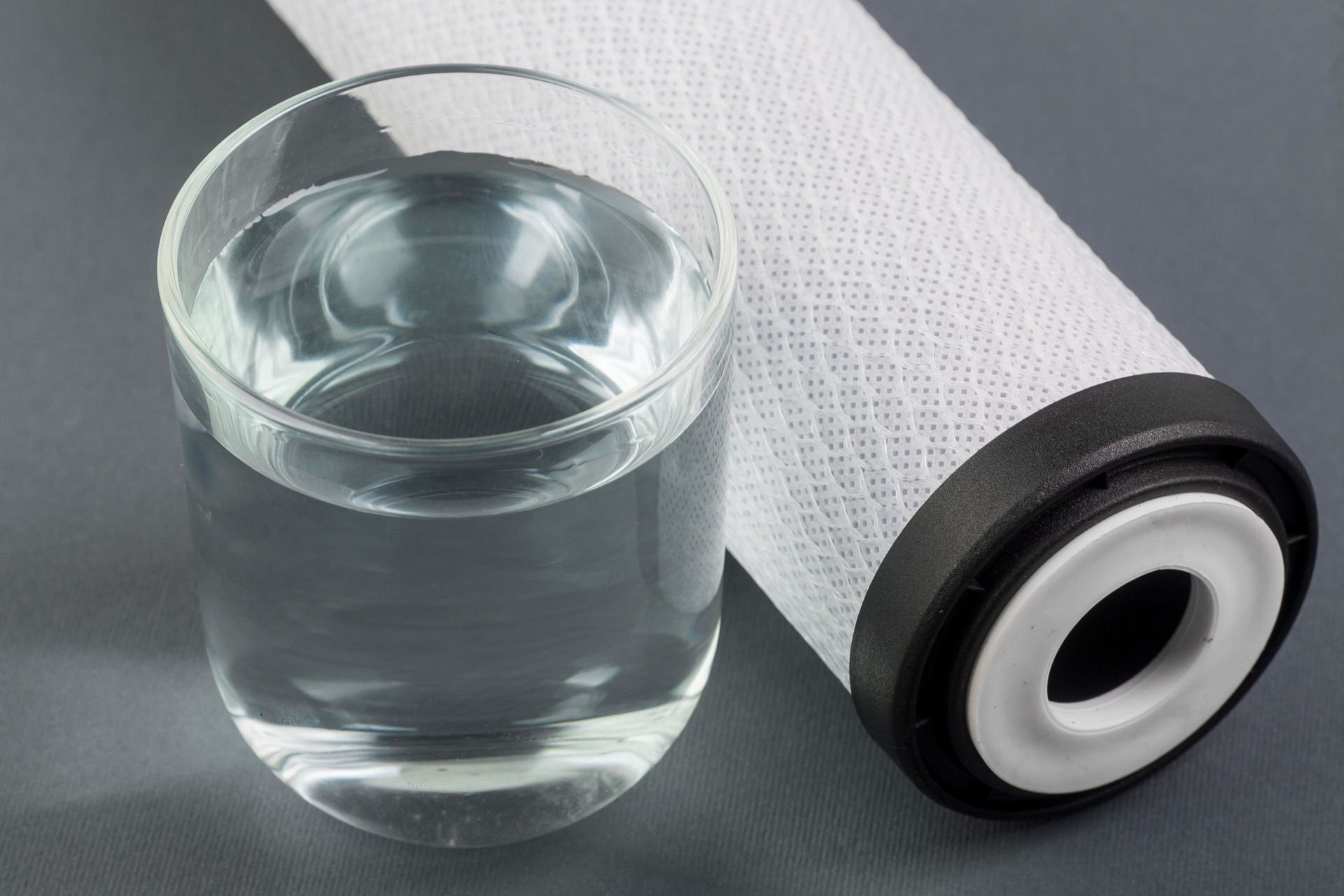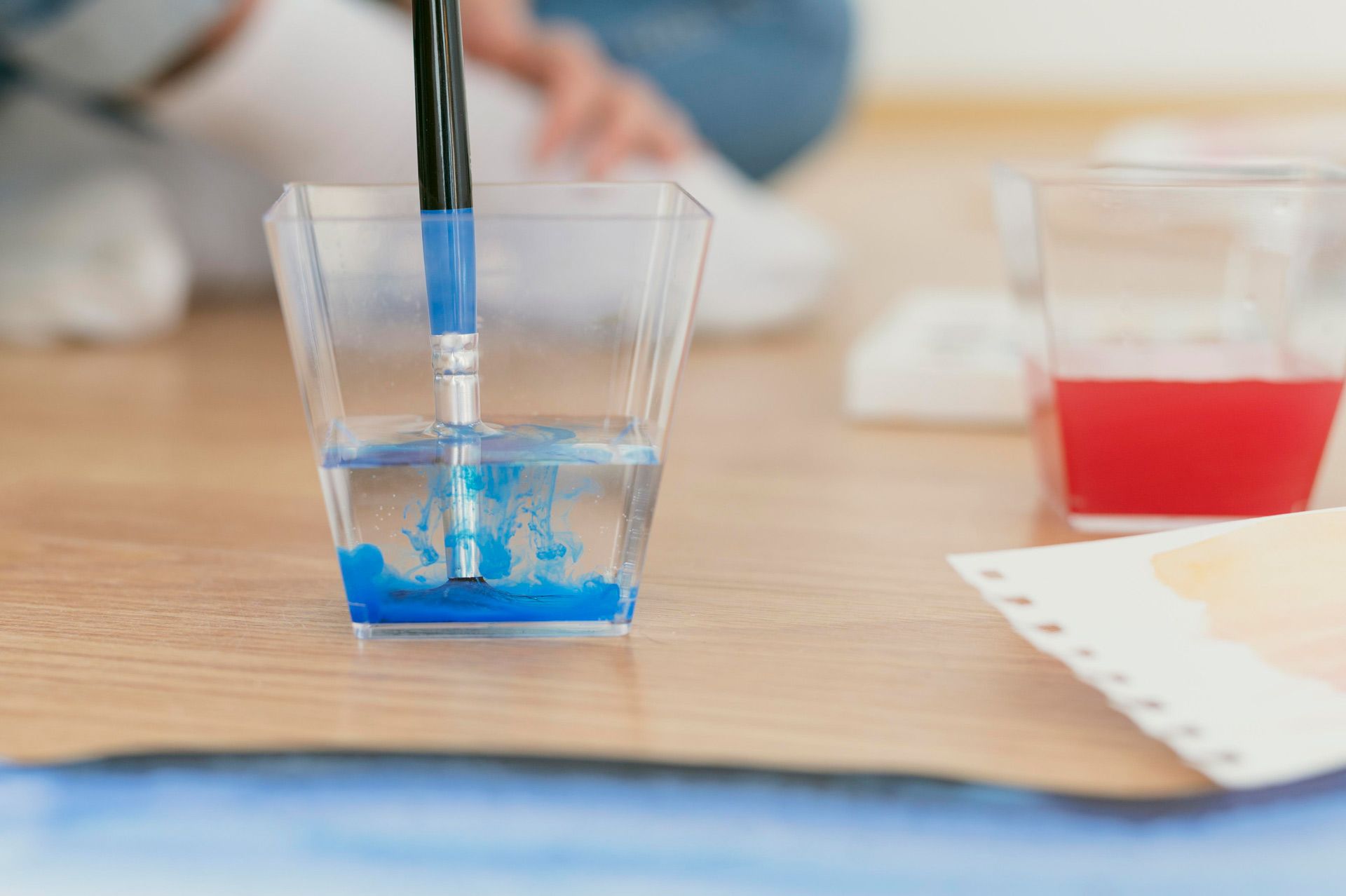How Water Softeners Can Extend the Life of Your Appliances in Mooresville
September 22, 2025
Introduction
If you’ve ever noticed cloudy spots on your dishes, chalky residue on your faucets, or a water heater that just doesn’t seem to last, you’ve experienced the effects of hard water. In Mooresville and across Central Indiana, hard water is a common challenge for homeowners.
Beyond being a nuisance, hard water silently shortens the lifespan of your household appliances. In this article, we’ll explore how water softeners can protect appliances, save you money, and bring peace of mind.
How Hard Water Affects Appliances
To understand the benefits of a water softener, it helps to see how hard water does its damage.
- Mineral buildup: Hard water contains calcium and magnesium that crystallize into limescale.
- Clogged parts: Scale clogs valves, spray arms, and heating elements in dishwashers and washing machines.
- Reduced efficiency: Appliances require more energy to heat or move water through scale buildup.
- Shortened lifespan: Constant strain and buildup lead to breakdowns and premature replacements.
Appliances Most Affected
- Dishwashers: Scale clogs jets and leaves spots on glassware.
- Washing Machines: Residue stiffens fabrics, dulls colors, and stresses internal parts.
- Water Heaters: Mineral deposits insulate heating elements, making them work harder and raising utility bills.
- Coffee Makers and Kettles: Even small appliances scale quickly, requiring frequent replacement.
- Plumbing Fixtures: Faucets, showerheads, and pipes clog, lowering water pressure.
How Water Softeners Protect Appliances
Here’s how a water softener helps:
- Removes hardness minerals
Through ion exchange, softeners replace calcium and magnesium with sodium or potassium, preventing scale formation. - Keeps appliances running efficiently
Without mineral buildup, appliances heat and clean more effectively, reducing energy consumption. - Extends appliance lifespan
With less wear and tear, major systems like dishwashers and water heaters can last years longer. - Improves cleaning and comfort
Soft water means dishes sparkle, clothes feel softer, and you use less soap and detergent. - Reduces repair costs
By preventing mineral buildup, homeowners spend less on appliance repairs and replacements.
Steps to Decide if You Need a Water Softener in Mooresville
If you’re unsure whether a water softener will help in your home, follow these steps:
- Look for the signs of hard water
Stains on sinks, cloudy glassware, dry skin and hair, or reduced water pressure. - Check your appliances
If your dishwasher or water heater is failing earlier than expected, hard water may be the cause. - Test your water
A simple water hardness test or professional assessment will confirm levels of calcium and magnesium. - Calculate long-term costs
Compare the price of appliance repairs, high energy bills, and replacements versus the investment in a water softener. - Consult a local expert
A professional can recommend the right size and type of water softener for your Mooresville home.
FAQs
Does Mooresville have hard water?
Yes, like much of Central Indiana, Mooresville’s water is considered hard, often above 10 grains per gallon.
How much longer will appliances last with soft water?
Studies suggest water heaters can last twice as long, and dishwashers and washing machines may last years longer without mineral buildup.
Will a water softener save money on energy bills?
Yes. Soft water improves efficiency in water heaters, reducing the energy needed to heat water.
Do water softeners require maintenance?
Yes. You’ll need to refill salt periodically and schedule occasional servicing to ensure peak performance.
Can a water softener improve drinking water taste?
It can reduce metallic or mineral tastes, but many homeowners pair a softener with a drinking water filter for best results.
Conclusion
For Mooresville homeowners, hard water is more than an inconvenience — it’s an expensive problem that can wear down appliances and drive up energy bills. A water softener is a proven solution that protects your investments, extends the life of your appliances, and delivers softer water throughout your home.
With professional testing and installation from a trusted Central Indiana company, you’ll enjoy better performance, lower costs, and greater peace of mind.

